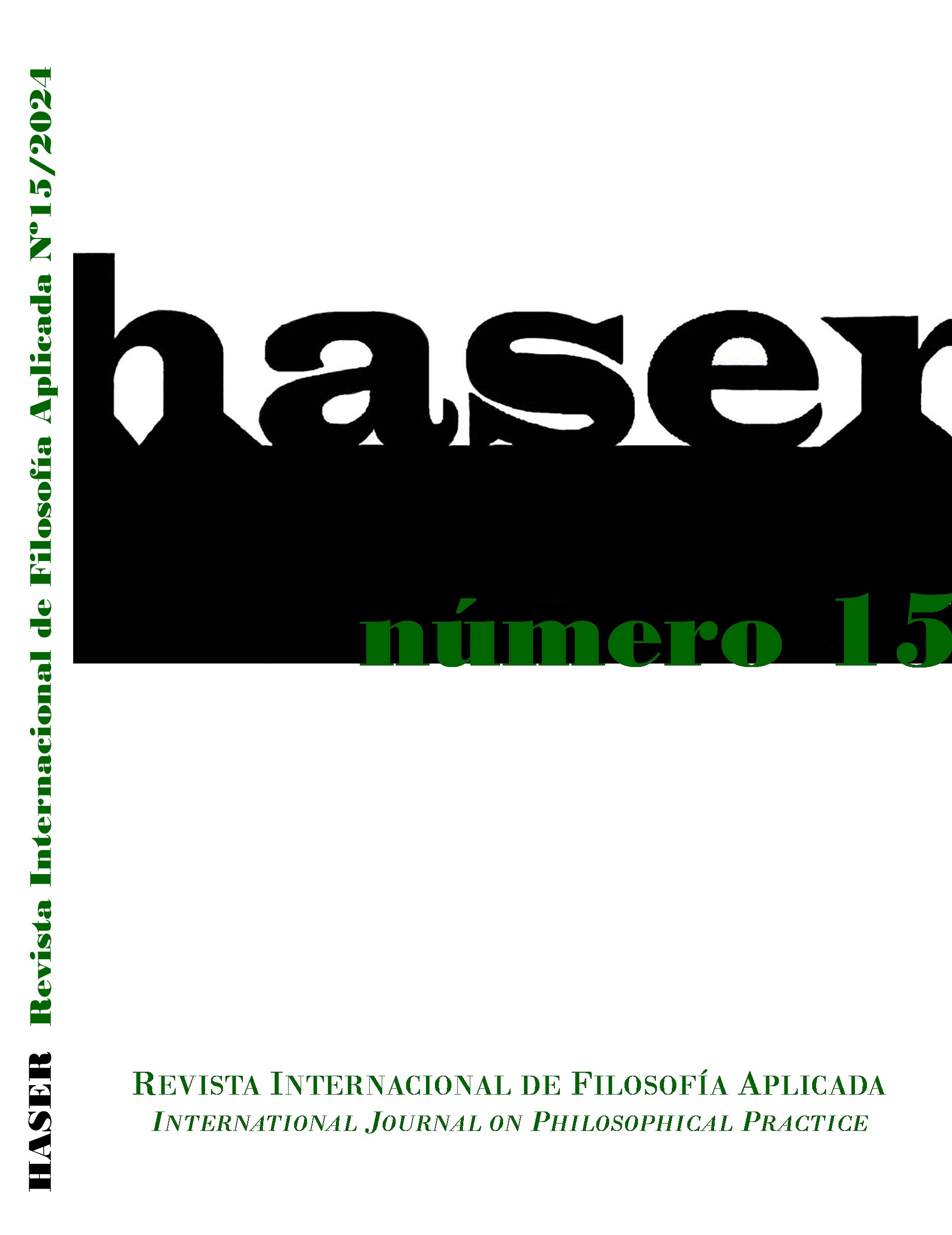Validation of a questionnaire on teachers attitudes towards philosophy with or for children
Abstract
The development of critical, reflective, ethical and supportive thinking is an educational purpose linked to today's society, but are teachers prepared for it? The purpose of this research is to design and validate an instrument that allows analyzing the attitudes of teachers when carrying out philosophy practices with and for children in the classroom, with the aim of developing critical thinking and values. The invited sample was made up of 1,312 educational centers in the Autonomous Community of Galicia, from which 168 responses were obtained, which implies a 6.95 margin of error and a 95% confidence level. The data obtained has been analyzed using the IBM SPSS Statistic version 22 software, first by means of Exploratory Factor Analysis and Varimax rotation to minimize the number of variables with high saturations in the factors found, and secondly, the internal consistency of the instrument was calculated through the analysis of the Cronbach's Alpha reliability coefficient. It is concluded that the version of the instrument made up of 31 Ítems and four dimensions presents good validity and reliability that demonstrate that the model is consistent and coherent with the starting theoretical assumptions
Downloads
Downloads
Published
How to Cite
Issue
Section
License
Los autores/as que publiquen en esta revista aceptan las siguientes condiciones:
1. Los autores/as conservan los derechos de autor y ceden a la revista el derecho de la primera publicación, con el trabajo registrado con la licencia de atribución de Creative Commons, que permite a terceros utilizar lo publicado siempre que mencionen la autoría del trabajo y a la primera publicación en esta revista.
2. Los autores/as pueden realizar otros acuerdos contractuales independientes y adicionales para la distribución no exclusiva de la versión del artículo publicado en esta revista (p. ej., incluirlo en un repositorio institucional o publicarlo en un libro) siempre que indiquen claramente que el trabajo se publicó por primera vez en esta revista.
3. Se permite y recomienda a los autores/as a publicar su trabajo en Internet (por ejemplo en páginas institucionales o personales) antes y durante el proceso de revisión y publicación, ya que puede conducir a intercambios productivos y a una mayor y más rápida difusión del trabajo publicado (vea The Effect of Open Access).


